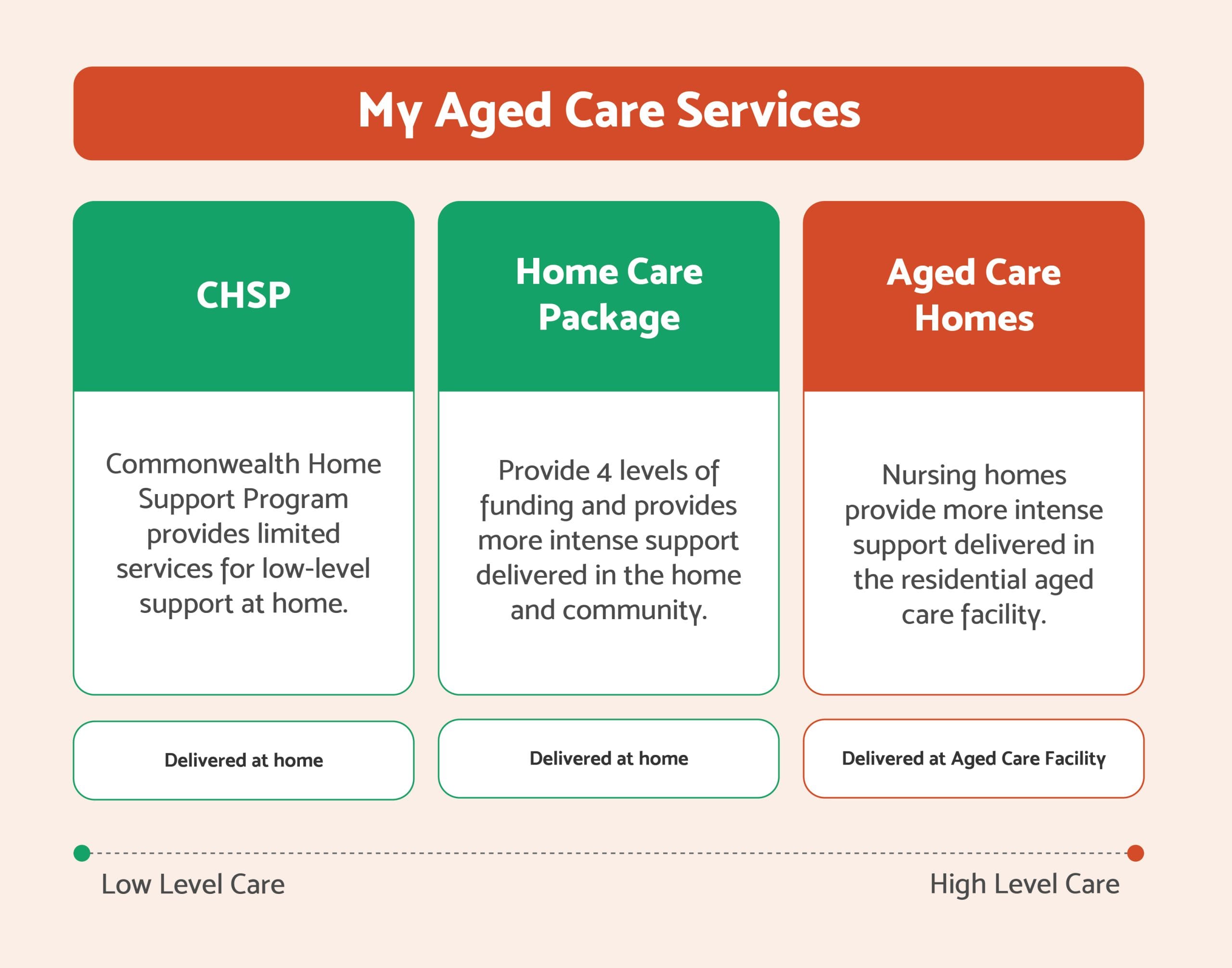Understanding NDIS plans through the lens of home care providers
Understanding NDIS plans through the lens of home care providers
Blog Article
All About Home Treatment Providers for Individuals With Disabilities: NDIS Registered Assistance
Home treatment services under the NDIS play a pivotal function in sustaining individuals with disabilities. These solutions are designed to improve daily living via tailored help, ranging from individual like flexibility support. Understanding exactly how to navigate these alternatives can be intricate. This summary discovers the different aspects of NDIS home treatment, from available solutions to the choice of providers, highlighting vital considerations for those looking for assistance. The trip towards encouraged treatment starts right here.
Recognizing the NDIS and Its Purpose
The National Handicap Insurance Scheme (NDIS) functions as a transformative structure designed to offer support and solutions for people with specials needs. Established to boost the lifestyle and warranty fair accessibility to important resources, the NDIS equips individuals by offering individualized plans customized to their unique requirements. It intends to foster independence, allowing people to seek their individual goals and aspirations.Through a structured method, the NDIS designates financing for various supports, consisting of education, employment assistance, and neighborhood participation. This all-encompassing plan not only concentrates on instant care however likewise stresses long-term developmental outcomes. By promoting selection and control, the NDIS urges participants to choose their favored provider, assuring that care straightens with their preferences and worths. Inevitably, the NDIS stands for a significant dedication to boosting the lives of individuals with disabilities, fostering inclusivity, and constructing an extra supportive culture.
Kinds Of Home Care Provider Available
Various types of home treatment solutions satisfy individuals with specials needs, largely concentrating on personal care help and respite treatment options. Individual treatment support offers important support with day-to-day tasks, while break care uses short-term alleviation for main caretakers. Comprehending these services is crucial for making sure the health of both individuals with disabilities and their families.
Personal Care Help
While maneuvering every day life can present difficulties for people with impairments, individual care support supplies essential support customized to their unique requirements. This kind of home care service incorporates a range of activities made to promote freedom and enhance high quality of life. Personal care aides aid with daily jobs such as bathing, dressing, brushing, and toileting, ensuring individuals keep personal health and convenience. They may also aid with meal preparation, drug management, and mobility assistance. By supplying individualized treatment, these professionals empower individuals to involve more fully in their social activities and everyday routines. Generally, individual treatment aid plays a considerable duty in cultivating dignity and autonomy for those with specials needs, permitting them to flourish in their home atmosphere.

Respite Care Options
Reprieve care acts as an essential source for family members and caregivers of individuals with disabilities, giving temporary alleviation from the needs of daily caregiving. This kind of solution can take different forms, including at home break care, where qualified experts check out the home to assist with care jobs. Families might decide for facility-based break care, where individuals obtain care in a customized atmosphere, permitting caregivers to take a break. Additionally, some organizations offer emergency reprieve services for unpredicted circumstances. These alternatives not only help minimize caregiver stress and anxiety however additionally promote the wellness of people with impairments by supplying them new experiences and social communication. On the whole, respite care plays an essential role in supporting both caretakers and those they care for.

Exactly How to Gain Access To NDIS Home Treatment Services
Accessing NDIS home care services involves understanding the eligibility criteria stated by the National Impairment Insurance Policy Plan. People need to browse a structured application process to secure the required support tailored to their needs. This area will certainly make clear both the qualification demands and the steps entailed in making an application for services.
Eligibility Requirements Explained
To certify for NDIS home treatment services, people should fulfill details eligibility standards that examine their conditions and requirements. First, candidates should be matured between 7 and 65 years and have a irreversible and considerable handicap that impacts their ability to execute everyday activities. In addition, they must be an Australian resident, a permanent citizen, or hold a Protected Unique Category Visa. The NDIS needs proof of the special needs, usually via clinical assessments or reports. In addition, individuals should show that they need assistance to take part in economic and social life. These standards guarantee that services are guided towards those that really require aid, advertising independence and improved high quality of life for people with handicaps.
Application Refine Actions
Can I Choose My Own Support Workers Through NDIS?
The individual made inquiries whether they could choose their own support employees under the NDIS structure. Usually, participants have the adaptability to choose support workers, cultivating personalized treatment that straightens with their particular needs and choices.
What Takes place if My Needs Change After Getting Support?
They ought to communicate these modifications to their solution supplier if an individual's needs change after obtaining support. Adjustments can be made to the treatment plan, making certain that the support stays relevant and efficient for their circumstances.

Exist Limits on The Number Of Hours of Treatment I Can Receive?
The private asked about prospective limitations on the variety of care hours received. Typically, such restrictions might exist based upon details policies or funding arrangements, emphasizing the significance of reviewing standards and agreements routinely.
Can I Utilize NDIS Financing for Home Modifications?
The concern of using financing for home modifications occurs often. Usually, people may utilize NDIS funding for essential adjustments to their homes, making certain ease of access and security, contingent upon meeting details qualification requirements and guidelines.
Exactly how Do I Take care of Complaints About My Home Treatment Services?
To resolve grievances concerning home treatment solutions, individuals must first record their concerns. Then, they can interact straight with their company, seeking resolution, or escalate the concern to pertinent oversight bodies if essential. Home treatment solutions under the NDIS play a critical function in sustaining people with specials needs. Different kinds of home treatment solutions provide to individuals with specials needs, mainly focusing on personal care support and reprieve care alternatives. support at home provider. Personal treatment help provides important assistance with day-to-day tasks, while respite treatment uses short-lived relief for key caregivers. Families may opt for facility-based break care, where individuals obtain care in a specific setting, enabling caretakers to take a break. Exactly how can family members efficiently handle the monetary elements of home treatment services for people with disabilities?
Report this page